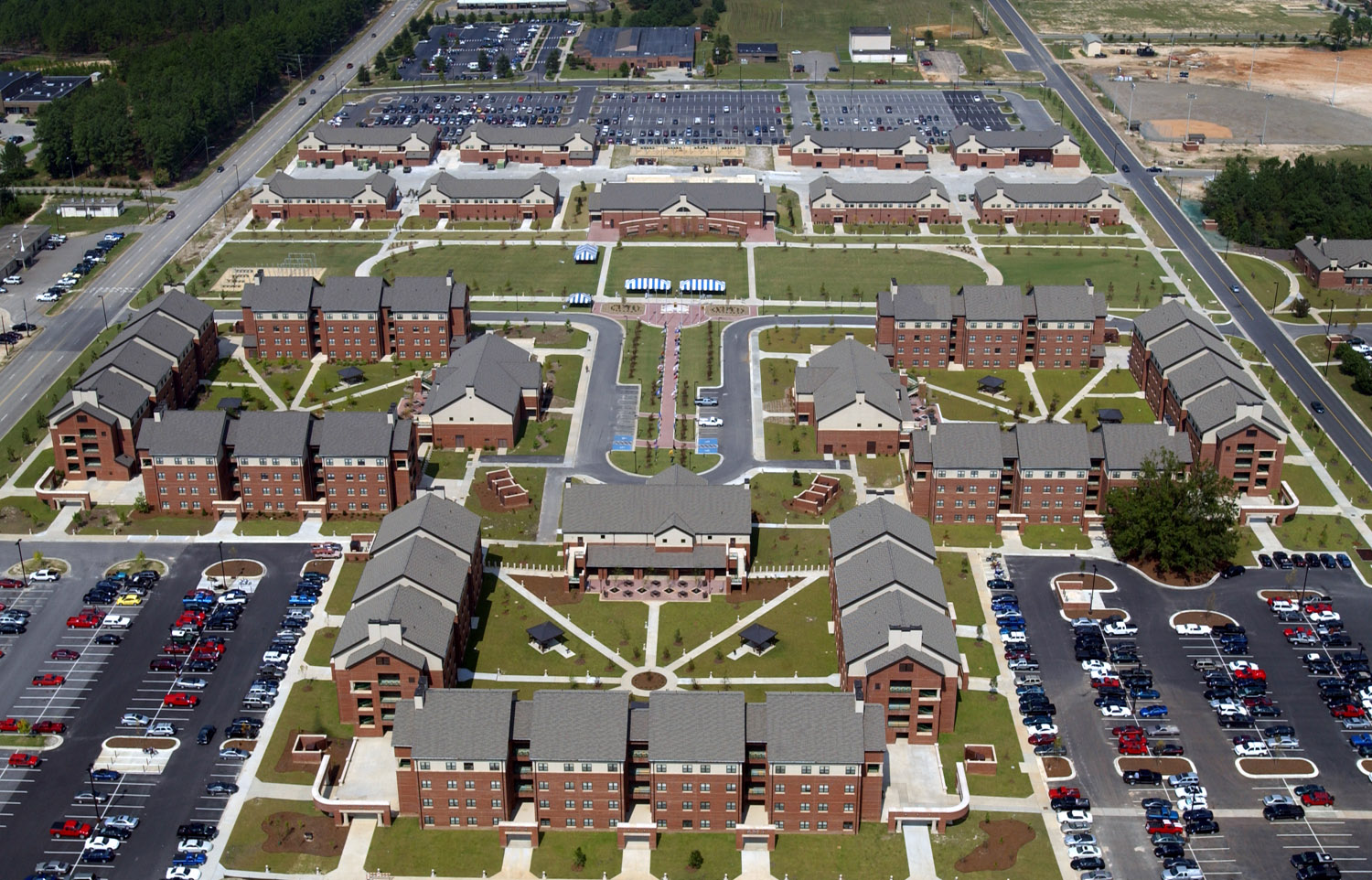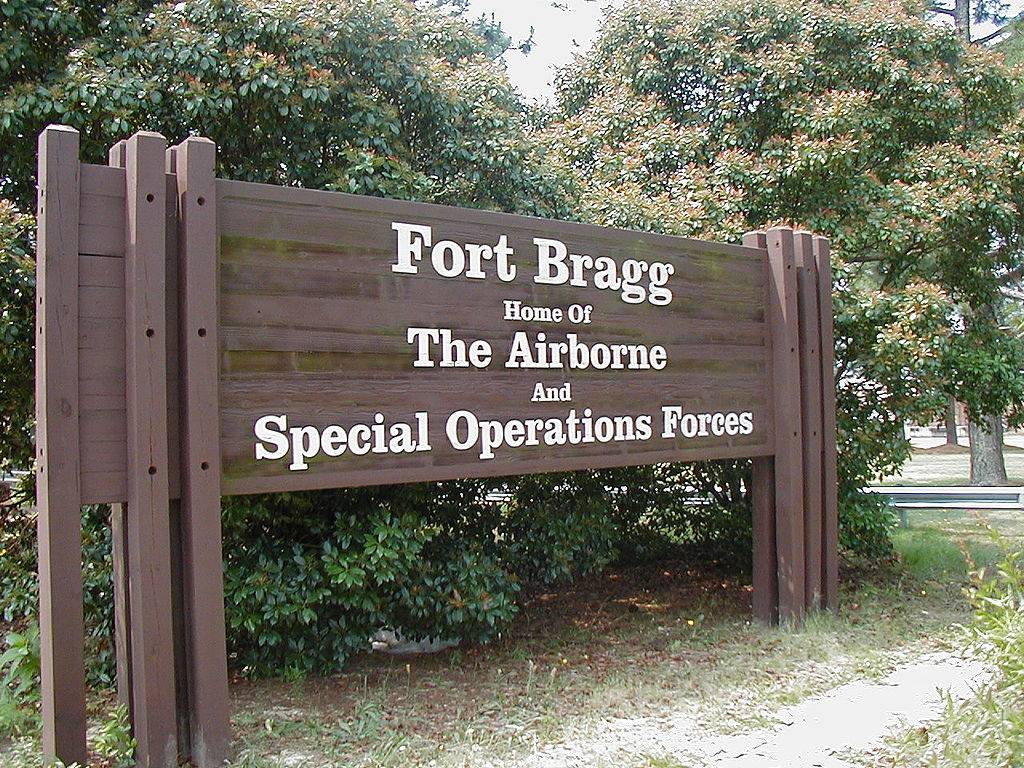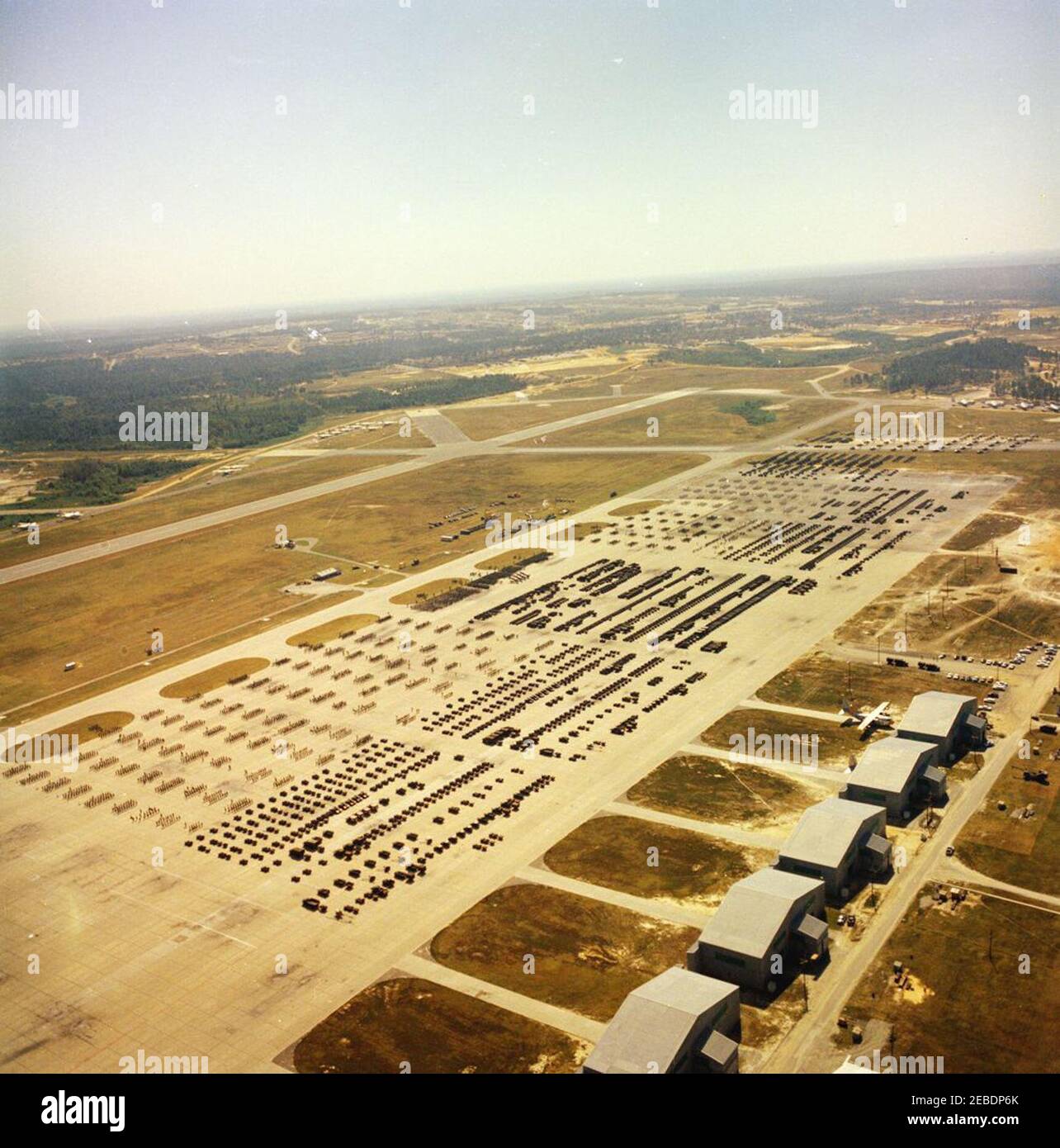Fort Bragg, North Carolina: A Hub of Military Power and Community
Related Articles: Fort Bragg, North Carolina: A Hub of Military Power and Community
Introduction
In this auspicious occasion, we are delighted to delve into the intriguing topic related to Fort Bragg, North Carolina: A Hub of Military Power and Community. Let’s weave interesting information and offer fresh perspectives to the readers.
Table of Content
Fort Bragg, North Carolina: A Hub of Military Power and Community

Fort Bragg, located in the heart of North Carolina, is more than just a military installation; it is a vibrant community intertwined with the fabric of the state’s history and economy. This article explores the significance of Fort Bragg, its geographical context, and the impact it has on the surrounding region.
A Brief History and Evolution:
Fort Bragg’s origins trace back to 1918, when Camp Bragg was established as a training ground for the burgeoning American Expeditionary Force. The camp was named after Braxton Bragg, a Confederate general during the Civil War. Over the years, the camp evolved into a permanent military post, becoming Fort Bragg in 1919. The installation played a crucial role in World War II, the Korean War, and the Vietnam War, serving as a training ground for countless soldiers and a launchpad for numerous military operations.
Geographical Context and Strategic Importance:
Fort Bragg occupies a strategic location in North Carolina, situated approximately 60 miles southwest of Raleigh, the state capital. The installation covers over 250,000 acres of land, encompassing a diverse landscape of forests, wetlands, and rolling hills. This expansive terrain allows for extensive training exercises, simulating various battlefield scenarios. The proximity to major transportation hubs, including airports and highways, further enhances Fort Bragg’s strategic value, facilitating rapid deployment of troops and equipment.
Key Military Units and Operations:
Fort Bragg serves as the home to the XVIII Airborne Corps, the United States Army Special Operations Command (USASOC), and the 82nd Airborne Division, among other significant military units. These units are renowned for their combat readiness and expertise in airborne operations, special operations, and rapid deployment. The installation is also home to the John F. Kennedy Special Warfare Center and School, which provides training for soldiers in unconventional warfare, foreign internal defense, and civil affairs.
Economic Impact and Community Integration:
Beyond its military role, Fort Bragg has a profound impact on the surrounding community. The installation employs a significant number of civilian personnel, contributing to the local economy and supporting businesses in the region. The presence of Fort Bragg has also attracted other military-related industries, leading to a robust economic ecosystem. The military community actively engages with the local population through various programs and events, fostering a sense of shared responsibility and pride.
Fort Bragg: A Map of Strategic Importance and Community Spirit:
Fort Bragg’s map is not merely a geographical representation; it is a testament to the installation’s enduring legacy and its vital role in national security. The sprawling expanse of the post reflects the scale of its operations and the commitment of its personnel. However, the map also depicts the strong bond between the military community and the surrounding region, underscoring the shared values and mutual support that define life in the vicinity of Fort Bragg.
Frequently Asked Questions (FAQs) about Fort Bragg:
Q: What is the population of Fort Bragg?
A: The population of Fort Bragg fluctuates due to the constant movement of military personnel. However, the installation’s official population is estimated to be around 50,000, including active-duty military, dependents, and civilian employees.
Q: What is the significance of the 82nd Airborne Division?
A: The 82nd Airborne Division is a highly trained and deployable unit, known for its expertise in parachute operations and rapid response. It has played a crucial role in numerous conflicts, including World War II, the Korean War, and the recent wars in Iraq and Afghanistan.
Q: What are the main economic activities in the Fort Bragg area?
A: The Fort Bragg area is heavily influenced by the military presence. The installation itself is a major employer, while other military-related industries, such as defense contractors and logistics companies, also contribute significantly to the economy. Tourism and agriculture are also important sectors in the region.
Q: How does Fort Bragg impact the local environment?
A: Fort Bragg’s vast land holdings include a diverse range of ecosystems. The installation has implemented various environmental conservation programs to protect these ecosystems, including wildlife management, forest preservation, and water quality monitoring. The military also works with local communities to address environmental concerns.
Tips for Visiting Fort Bragg:
1. Plan your visit: Fort Bragg is a large installation, so planning your visit in advance is essential. Check the official website for visitor hours, access regulations, and any special events.
2. Respect the military community: Remember that Fort Bragg is an active military base. Be respectful of the soldiers and their families, and follow all posted regulations.
3. Explore the surrounding areas: The Fort Bragg area offers a variety of attractions, including historical sites, nature trails, and museums. Consider visiting the Airborne & Special Operations Museum or exploring the scenic beauty of the Cape Fear River.
4. Attend military events: Fort Bragg hosts a number of public events throughout the year, such as air shows, military demonstrations, and parades. These events provide a unique opportunity to witness the skills and dedication of the soldiers.
Conclusion:
Fort Bragg is a vital military installation with a rich history and a profound impact on the surrounding community. Its strategic location, highly trained units, and commitment to environmental stewardship make it a critical asset to national security. The installation’s presence has also fostered a strong sense of community, where military personnel and local residents share a common bond of pride and support. Whether visiting Fort Bragg as a tourist or simply appreciating its significance from afar, it is clear that this installation is a vital part of North Carolina’s identity and a testament to the enduring spirit of American military service.








Closure
Thus, we hope this article has provided valuable insights into Fort Bragg, North Carolina: A Hub of Military Power and Community. We appreciate your attention to our article. See you in our next article!